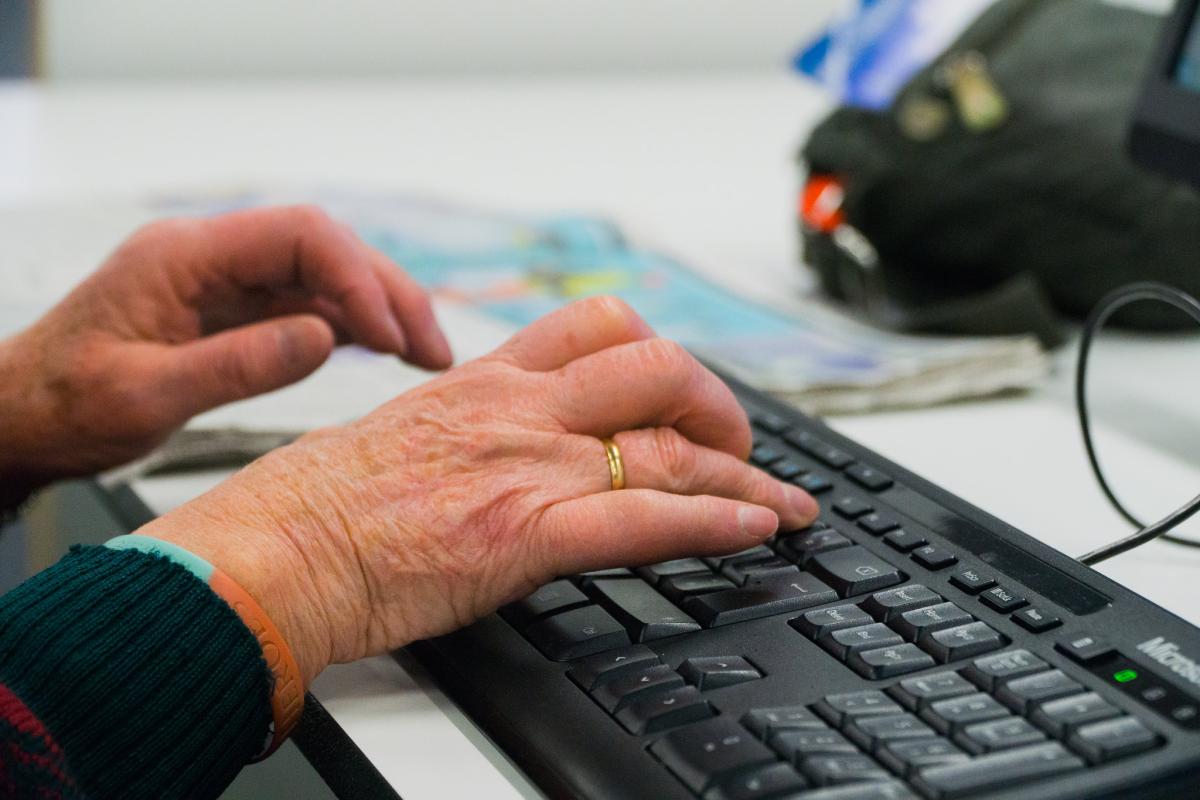Over 75% of library services delivered online events during lockdown
Over 75% of libraries delivered online events during lockdown and library teams made over 130,000 calls to local people who were shielding or vulnerable, reveals new research from Libraries Connected.
The Libraries in Lockdown report, published today, shows how libraries and their staff kept communities connected and supported the most vulnerable. It also reveals how libraries demonstrated their skills, empathy and flexibility during lockdown to respond to the rapidly evolving situation.

Leaders of over 130 library services responded to our online survey and we carried out video interviews with a further 20 leaders. Other key report findings include:
- Storytimes, rhymetimes, arts and crafts, reading/book groups and Lego clubs were the activities programmed by the most library services
- 60% of services managed to continue delivering a Home Library Service, providing vital comfort and books to very vulnerable users
- Just over half of library services managed to increase their online audiences
- A quarter of library staff were redeployed to other areas of the local pandemic response.
Our research participants also shared their concerns over future funding and their fears that their success in delivering digital and remote services could threaten the availability of physical library spaces. The report was prepared by Activist Group for Libraries Connected.
Isobel Hunter, Chief Executive, Libraries Connected:
‘Library teams around the country have risen to meet the ongoing challenges of the pandemic. However, this new evidence shows that the leaders who were given the freedom to shape and adapt their services were better able to respond to meet the specific needs of their communities. So we will continue to work closely with library services and decision makers to demonstrate that libraries are essential to delivering an effective recovery from the pandemic.’
Sue Williamson, Director Libraries, Arts Council England:
‘The ways in which libraries responded so flexibly and adaptably to the needs of their communities during the pandemic, working to support the vulnerable, those with and without digital access, those who were trying to entertain and educate their children and those who were simply trying to maintain their spirits, were testament to the position that libraries hold as anchor institutions in our towns, our cities and our rural communities. At Arts Council England, we see public libraries as being at the heart of our new strategy, Let’s Create. They are important cultural institutions in their own right and have a pivotal role to play in supporting the regeneration and rebuilding of communities and their cultural activity.’
Cllr Gerald Vernon-Jackson, Chair of the Local Government Association’s Culture, Tourism and Sport Board:
‘Councils run and fund nearly 3,000 libraries, which are integral to the social fabric of the UK. They can deliver against some of our most pressing agendas, including health and wellbeing, educational attainment, inequalities, community cohesion and economic renewal. As this report shows, our libraries adapted quickly and imaginatively to the challenges posed by COVID-19, shifting to digital channels, investing in ebooks, providing community events and education online and reaching out to vulnerable customers. Libraries are innovation hubs on the high street and will play a vital role in supporting our national recovery.’
This research is published at the same time as a new report from Carnegie UK reveals that three in 10 people accessed a library service during lockdown. It also highlights libraries’ huge potential to support individuals and communities as they navigate the short and long-term impacts of the pandemic.
Sarah Davidson, Chief Executive, Carnegie UK Trust:
‘Public libraries have real potential as an enabling, empowering and equalising force in society. We know that engaging with public library services during lockdown has supported people’s wellbeing, helped them feel more connected to their community and helped them stave off boredom and develop new hobbies. For services to be able to deliver to their fullest potential, there is a challenge for local and national governments, sector support bodies and the sector itself to go further to ensure that everyone in the UK has an equal opportunity to experience the impact that the best public library services can deliver.’

